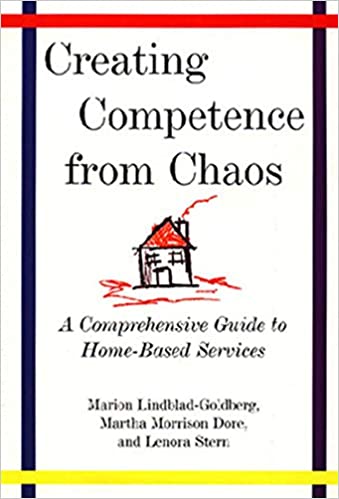Netflix Link: https://www.netflix.com/us/title/81945091?s=i&trkid=258593161&vlang=en
In The Turnaround, a Netflix short documentary, we witness a rare and powerful moment in sports: a city choosing compassion over criticism. When Philadelphia Phillies shortstop Trea Turner struggled during the 2023 MLB season, the typical response might have been boos and frustration. But what happened instead was extraordinary—fan Jon McCann called for a standing ovation. The city responded. The crowd stood, cheered, and poured belief into a player at one of his lowest moments. What followed was a surge in Turner’s performance, and a deep emotional shift in how fans and athletes connected.
At PCFTTC, we see this moment as a real-world example of social ecology in action. Just like in therapy, healing and growth don’t happen in isolation. People are shaped by their environments—families, communities, systems of support. When one part of the system chooses empathy and encouragement over shame or blame, it reverberates.
Turner’s story reminds us why being strength-based and context-sensitive matters. His performance issues weren’t just about mechanics—they were about mindset, pressure, and the invisible weight of expectations. Instead of pathologizing the “problem” (Turner’s slump), the community looked at the context and chose to support rather than punish. In doing so, they acted as a trauma-informed system—offering safety, connection, and belief.
This is precisely the lens we use in Ecosystemic Structural Family Therapy (ESFT). When working with families, we don’t just treat behaviors—we look at the context that sustains them. We seek to understand before we intervene. We ask: what would happen if this family were met with belief instead of blame?
The Turnaround teaches us that systemic change begins with one choice: to hold dignity and possibility in the face of struggle. As therapists, supervisors, and healers, we can ask ourselves: how do we create our own “standing ovation” moments for the families we serve? How do we choose hope, every time?
Let this story inspire us to keep building systems of care that are trauma-informed, context-sensitive, and full of the kind of strength-based belief that can change lives.



Leave a Reply